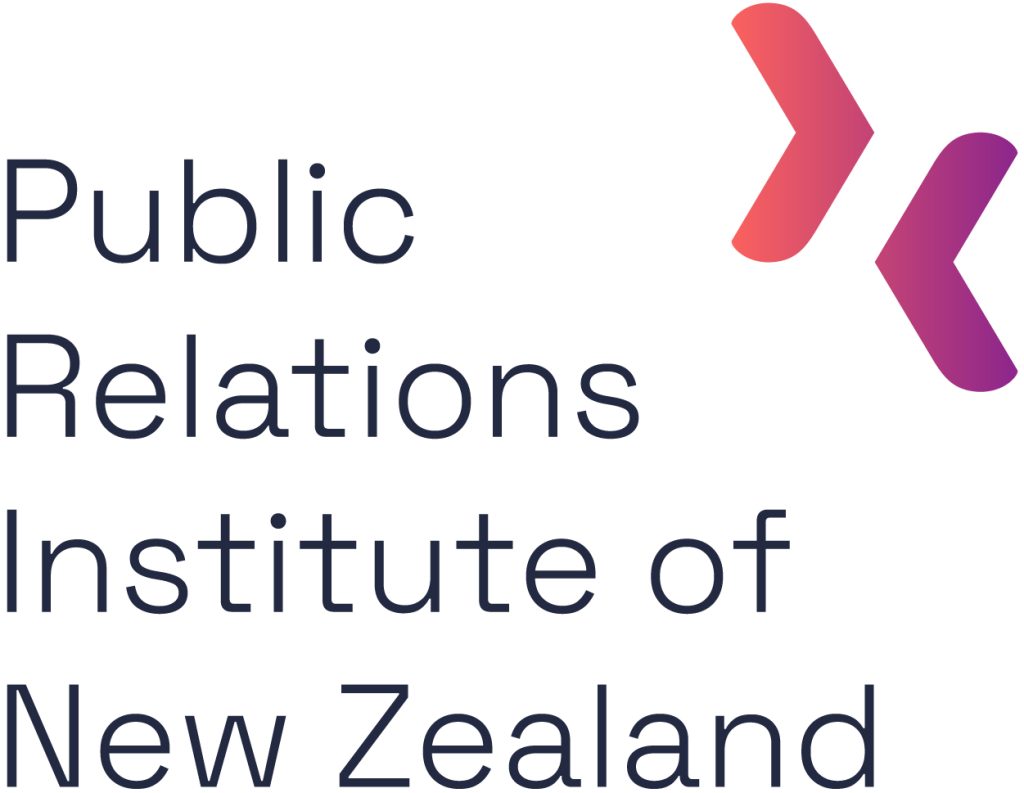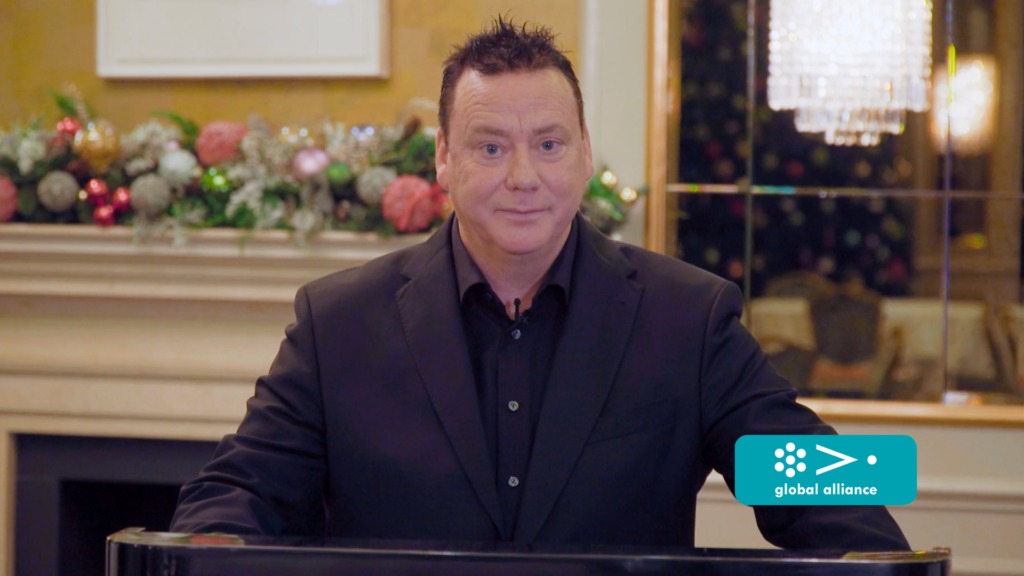Evil public sector communicators are multiplying at record rates

If you work in communications in New Zealand’s public sector, you spend most of your day:
- Spinning lies
- Writing propaganda
- Blocking media
- Creating diversion tactics
- Pocketing big salaries while doing very little work
Sound pretty accurate?
Well, of course, bloody not!
But the average person reading the constant media reports and hearing complaints by politicians about skyrocketing numbers of communications people working in the public sector could easily draw this conclusion.
Like clockwork, several times a year there is a media story criticising the supposedly burgeoning number of communications jobs in New Zealand’s public sector. The latest was on 17 April on RNZ.
If you caught the story, you would have seen mention of the Public Service Commission’s new guidance on the communications function definition released last September. This guidance helps public sector organisations to accurately count the number of people working in focused communications jobs while excluding those in largely unrelated marketing or liaison roles.
The Public Service Commission data shows that before the new guidance was released, the number of communications staff in 2020/21 represented 0.8% of the total public service workforce.
The Commission’s data also shows that for the last five years this percentage has remained less than 1% – regardless of whether agencies use the old or new definitions.
So, nothing is ‘burgeoning’ here.
However, for PRINZ to continually defend the numbers every time the next negative media story appears is a losing game. Self-justifying all the time is certainly not an effective advocacy position for PRINZ and won’t help to dim the spotlight that wrongly continues to blind our public service members.
What I do want to admonish, however, is the mindset and assumptions behind the constant media and political complaints about the vital communications function.
I’ve practised communications in New Zealand for 24 years, and it certainly seems in the past 10 or so of those that the communications profession has become widely regarded as an evil, ‘dark art’ by some.
Unlike other professions which serve inside organisations such as lawyers, accountants, marketers and human resource advisors, hiring more communications staff is seen as a nefarious move. And nowhere is this misperception more rife than in the public sector.
Now, while I can’t speak for every single person working in a communications job, I can speak for PRINZ members. Every PRINZ member signs a Code of Ethics, which guides the way we operate, and includes:
- Using actions and words to build trust
- Always being accurate and truthful
- Serving the public interest and aiding public debate
- Dealing fairly with those we interact with, including media
- Promoting open communication in the public interest, whenever possible
- Abiding by the law
And remember, communications people are not just working with media. Only around 1 out of 5 PRINZ members works with media regularly.
The Public Service Commission data shows that most public sector agencies have between one and six dedicated media personnel and those numbers have not increased over the past five years.
Finally, while I won’t defend the numbers of communications staff working in the public sector, I do want to comment on the Public Service Commission’s data that shows the number of people working in the public sector has remained at less than 1% of the workforce for the past five years.
Let me put this into context. What events have happened in the last five years that have affected the workload of communications professions in the public sector? Here are just a few:
- A pandemic, which required a volume of critical health communications never before seen in our lifetime
- The country’s largest terrorist attack in history, which changed the face of health and safety in our communities
- Several of the biggest natural disasters New Zealand has ever experienced
Couple these communications-critical events with the fact the communications world has changed fundamentally – people expect unlimited and immediate access to information on devices 24/7. Most communications teams today provide public information to clients and customers about products and services via social media (e.g. Facebook, LinkedIn, Twitter, YouTube). As a result, many of today’s communications jobs didn’t actually exist five years ago.
All these factors have worked together to create the perfect storm for our PRINZ colleagues working in the public sector, putting incredible pressure on these teams. The fact that the number of people working in the sector, as a total percentage of the workforce, has remained the same for five years is astonishing.
Public sector communications staff have a vital role to play and I can speak for our PRINZ members and say they are doing a damn amazing job.
All I ask is that next time you hear media or a politician criticising the number of communications jobs in the public sector, remember the real people doing the mahi. They are not ‘evil.’ They are some of the most professional, hard-working, self-sacrificing, patriotic Kiwis you’ll ever meet.
Heather Claycomb, PRINZ Board Chair, APR, FPRINZ





